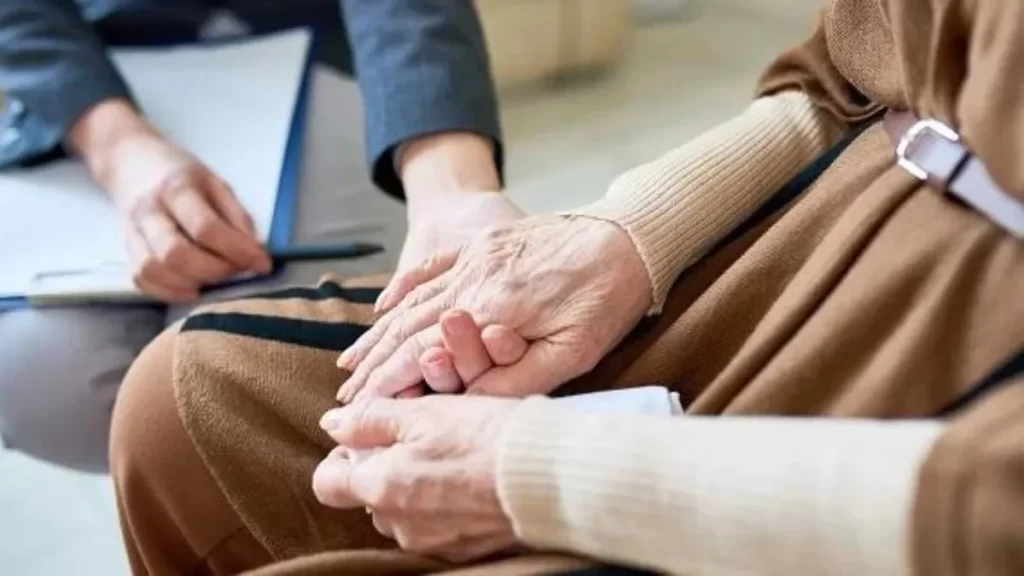Table of Contents
Validation counselling techniques are powerful tools that can transform lives. They help people feel understood, valued, and respected. This article will explore these techniques’ latest exciting updates and revelations, providing valuable insights to improve your relationships and communication skills.
What Are Validation Counseling Techniques?
Validation counselling techniques are methods counsellors use to acknowledge and accept a person’s feelings and experiences. These techniques make individuals feel heard and understood, significantly improving their emotional well-being.
The Importance of Validation
Validation is crucial because it helps people feel recognized and valued. When someone feels validated, they are more likely to open up and share their true feelings. This openness can lead to better communication and stronger relationships.
How Validation Counseling Techniques Work
Validation counselling techniques involve active listening, empathy, and affirmation. These elements work together to create a safe and supportive environment for individuals to express themselves.
Active Listening
Active listening is more than just hearing words; it involves truly comprehending the speaker’s message. It requires full attention, making eye contact, and responding thoughtfully. This technique helps individuals feel essential and valued.
Empathy in Counseling
Empathy is the ability to understand and share the feelings of another person. In validation counselling, showing empathy means acknowledging the person’s emotions without judgment. This fosters trust and a sense of closeness.
Affirmation and Encouragement
Affirmation involves recognizing and validating the person’s feelings. Simple statements like “I understand how you feel” or “That sounds tough” can make a big difference. Encouragement helps individuals feel supported and motivated to keep going.
Benefits of Validation Counseling Techniques

Using validation counseling techniques can lead to numerous benefits for both the counselor and the individual. These benefits include improved mental health, stronger relationships, and enhanced self-esteem.
Improved Mental Health
When people feel validated, they are less likely to experience feelings of isolation and worthlessness. This can lead to better mental health outcomes, including reduced anxiety and depression.
Stronger Relationships
Validation strengthens relationships by fostering trust and open communication. When people feel understood, they are more likely to share their thoughts and feelings, leading to deeper connections.
Enhanced Self-Esteem
Feeling validated can boost an individual’s self-esteem. When people know their feelings matter, they are more likely to feel confident and valued.
Latest Exciting Updates in Validation Counseling Techniques

Recent developments in validation counseling techniques have introduced new methods and approaches to enhance their effectiveness. These updates focus on incorporating modern technology and innovative practices.
Digital Tools for Validation Counseling
The rise of digital tools has transformed validation counseling. Online platforms and apps now offer virtual counseling sessions, making it easier for individuals to access support from the comfort of their homes.
Virtual Reality in Counseling
Virtual reality (VR) is being used to create immersive counseling experiences. VR can help individuals practice validation techniques in a controlled, realistic environment, improving their skills in real-life situations.
Integrating Mindfulness
Mindfulness practices are being integrated into validation counseling techniques. Mindfulness helps individuals stay present and fully engage in their conversations, enhancing the effectiveness of validation.
Training Programs for Counselors
New training programs are being developed to help counselors master validation techniques. These programs provide practical exercises and real-life scenarios to improve their skills and confidence.
How to Apply Validation Counseling Techniques in Everyday Life

You don’t have to be a professional counselor to use validation techniques. These methods can be applied in everyday interactions to improve your relationships and communication.
Practice Active Listening
Make a conscious effort to listen actively when someone is speaking to you. Show that you are paying attention by making eye contact, nodding, and responding appropriately.
Show Empathy
Try to understand and share the feelings of the person you are speaking with. Acknowledge their emotions and avoid making judgments.
Use Affirmations
Incorporate affirmations into your conversations. Let the person know that their feelings are valid and essential.
Also Read: Writing Techniques: Master the Secrets to Captivating Stories
Encourage Open Communication
Create a safe space for open communication. Encourage the person to share their thoughts and feelings without fear of judgement.
The latest updates in these techniques, including digital tools and mindfulness practices, offer exciting opportunities to enhance their effectiveness. Whether you are a professional counselor or looking to improve your relationships, using validation counseling techniques can transform lives with empathy.





